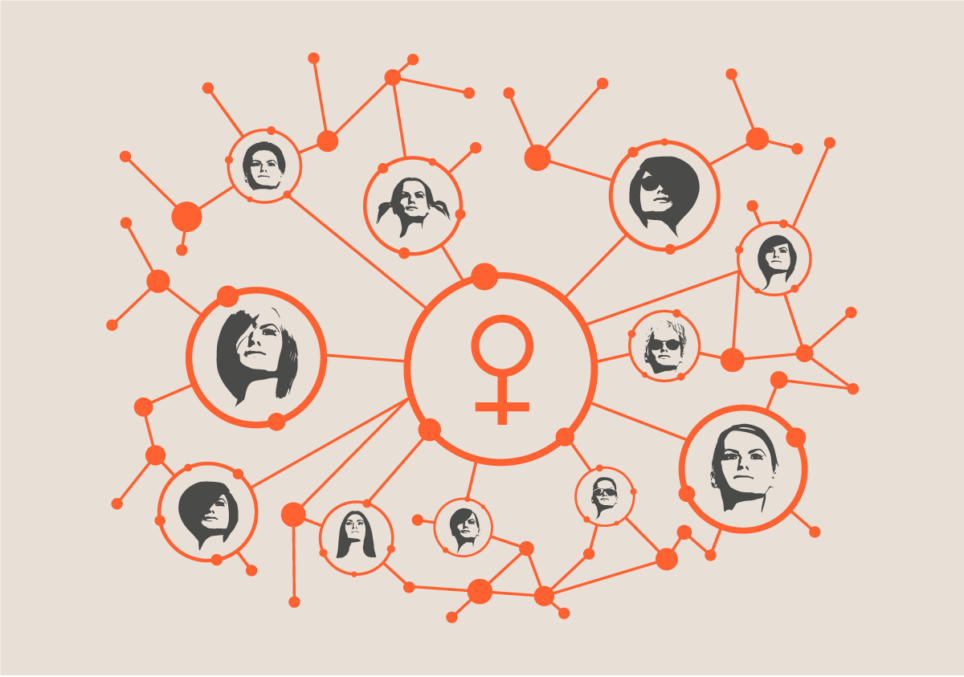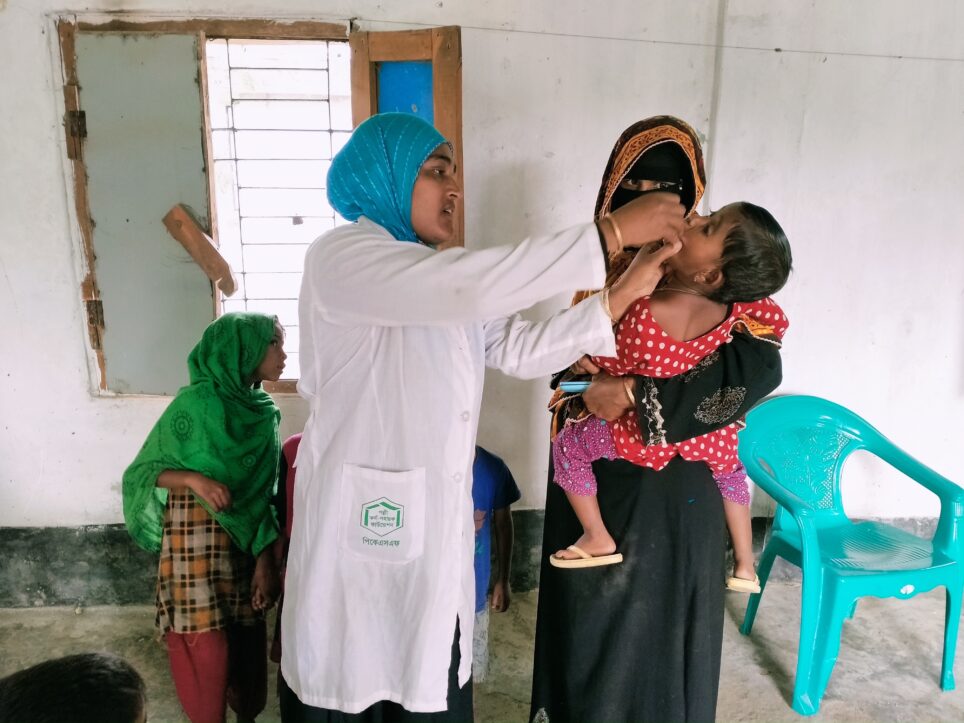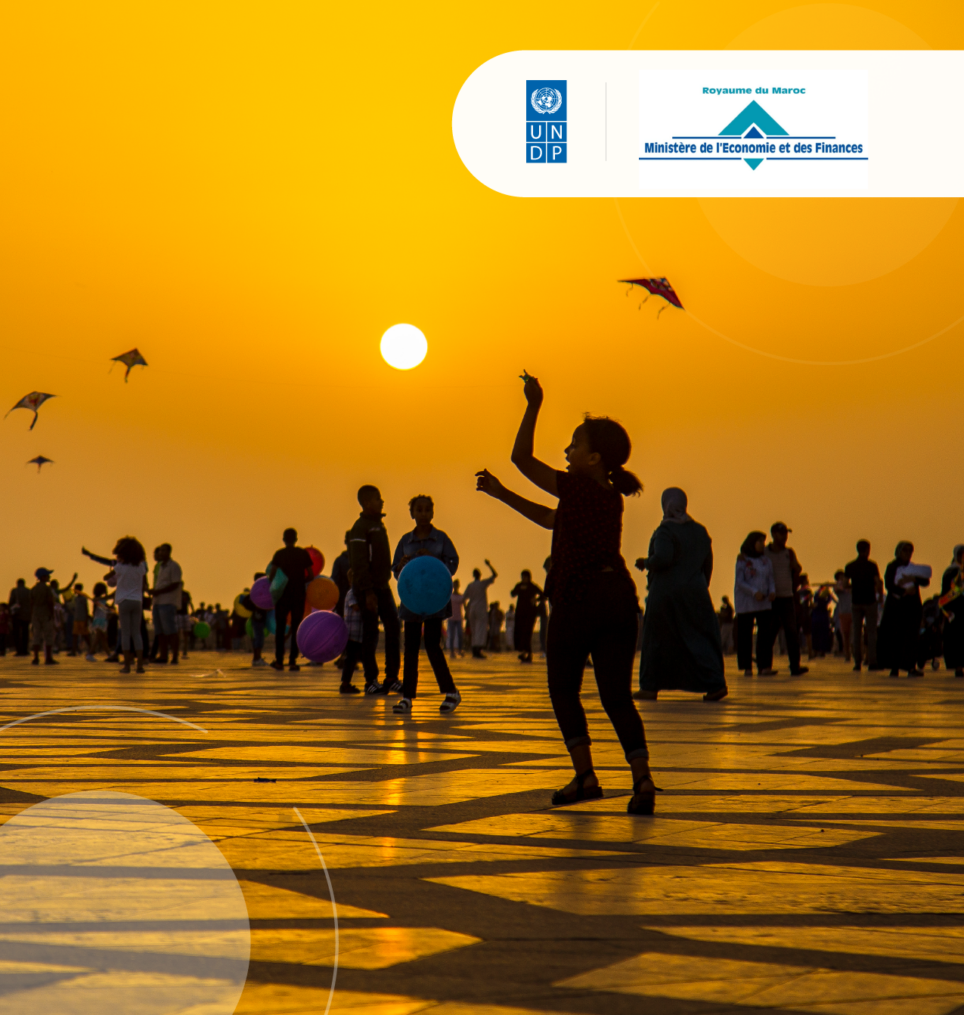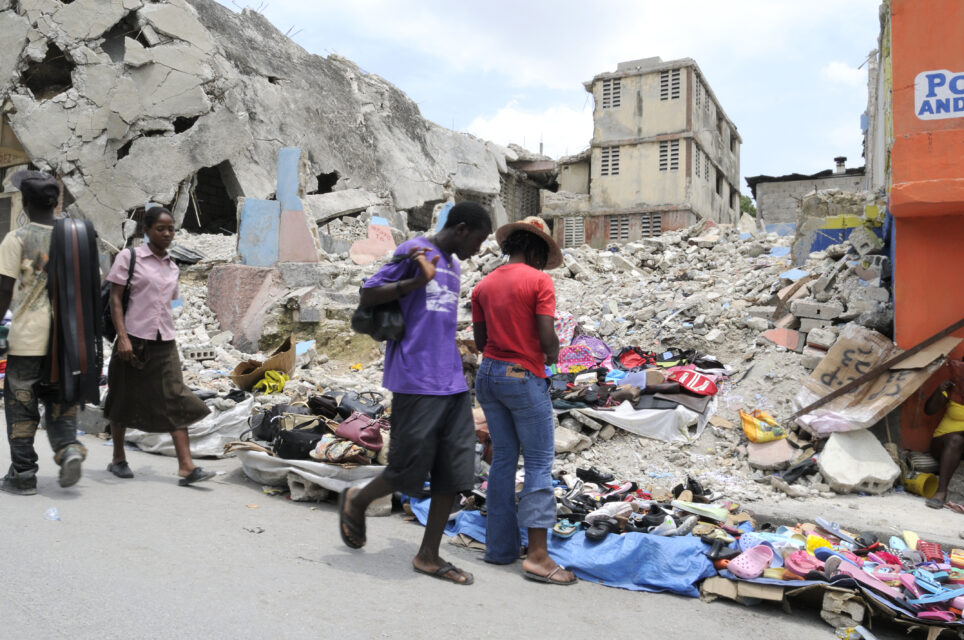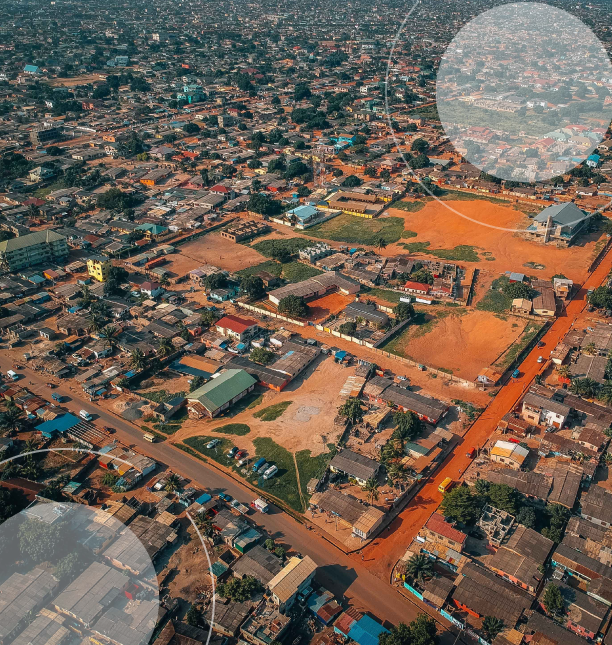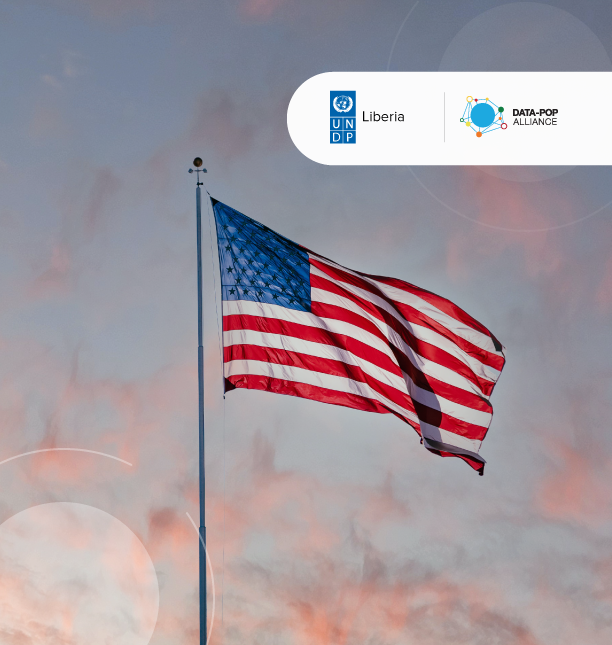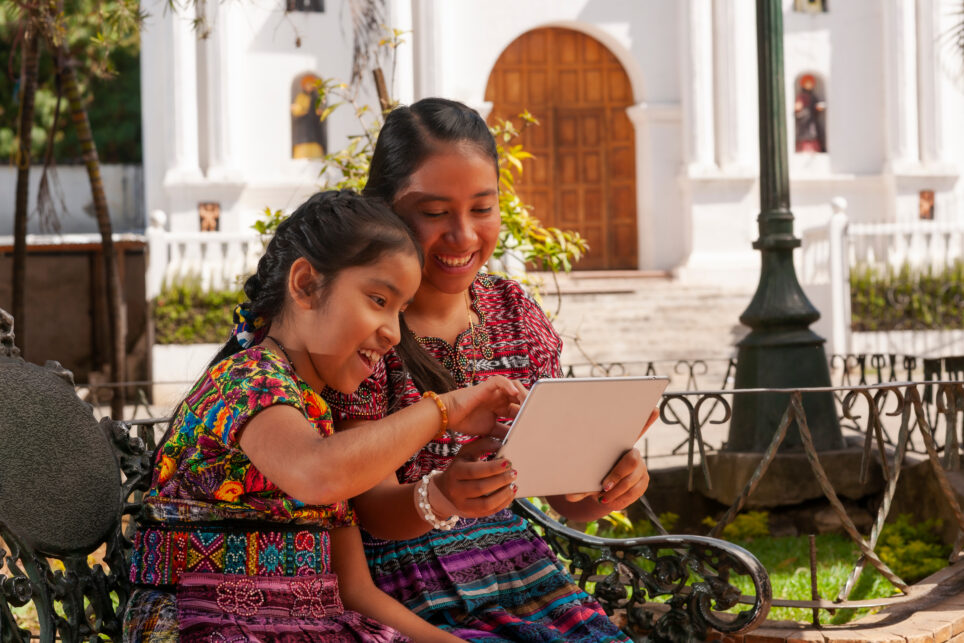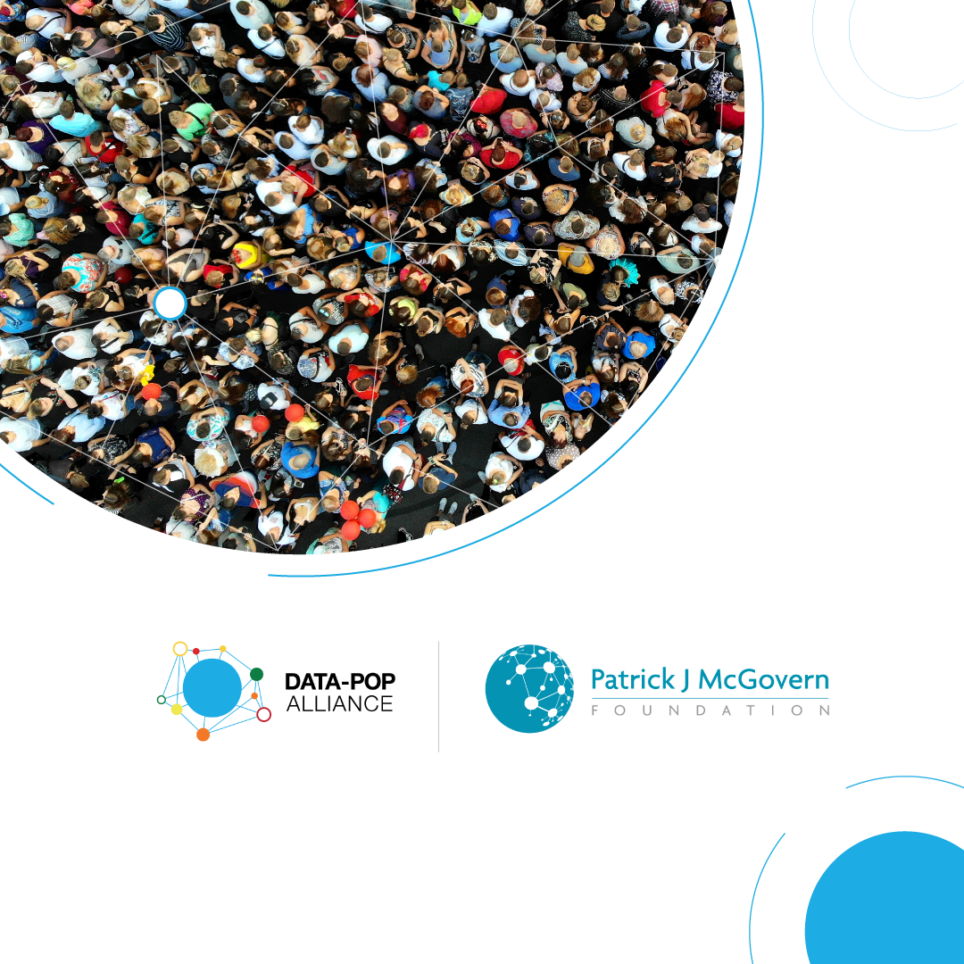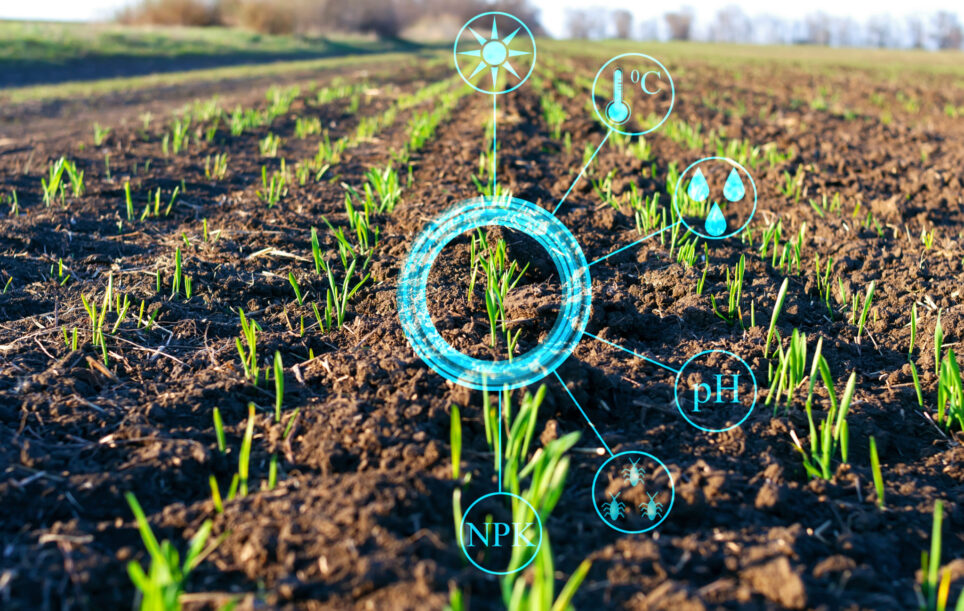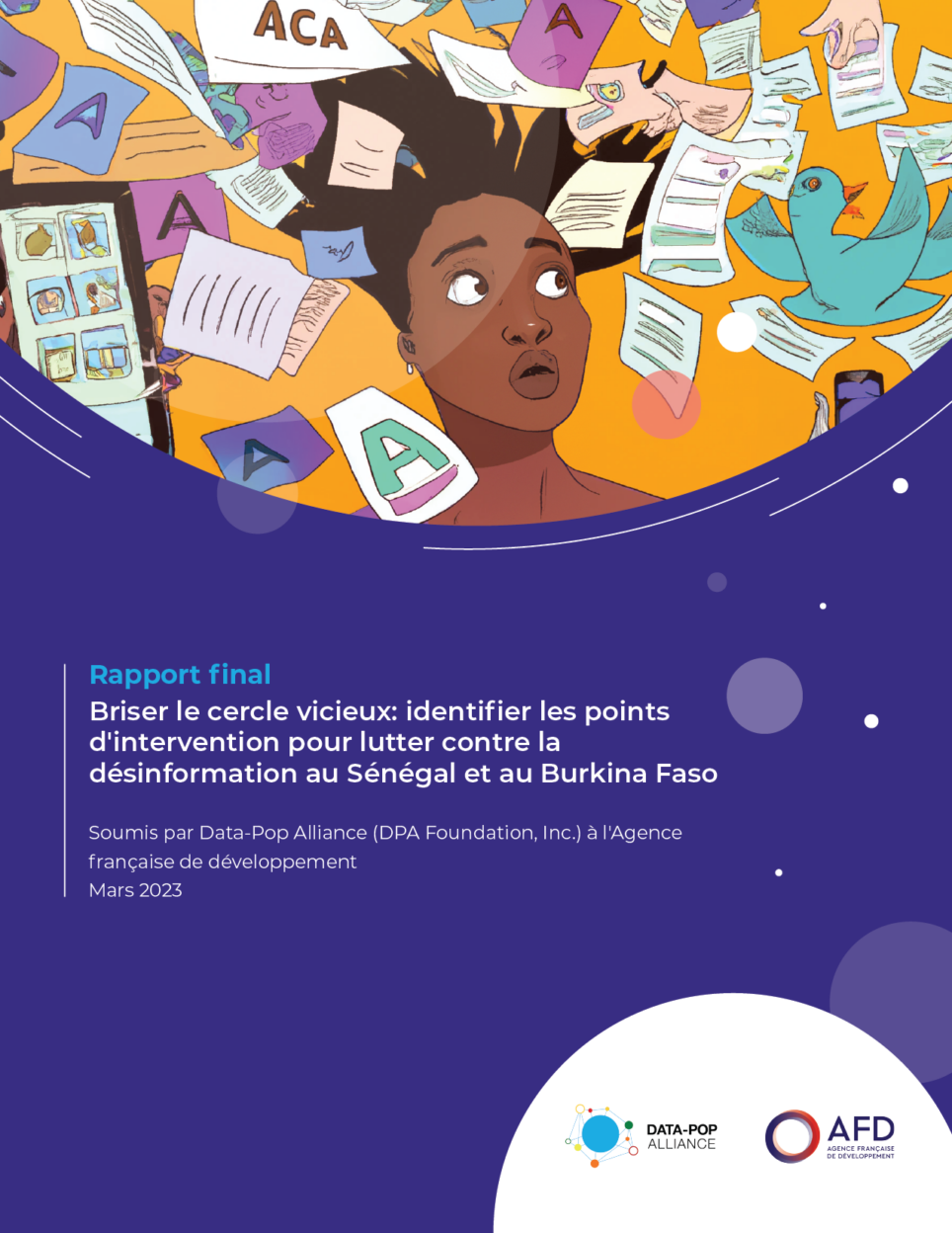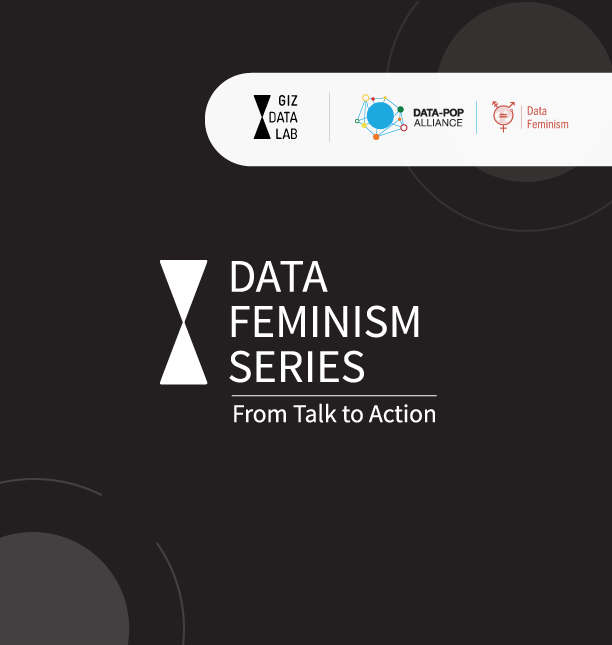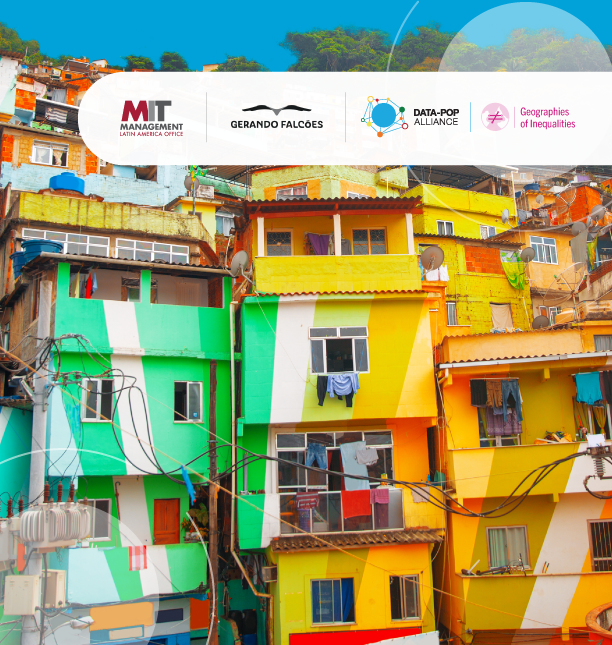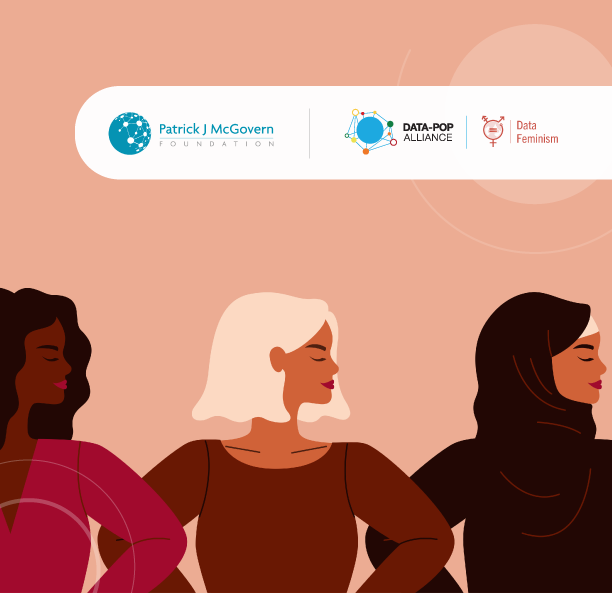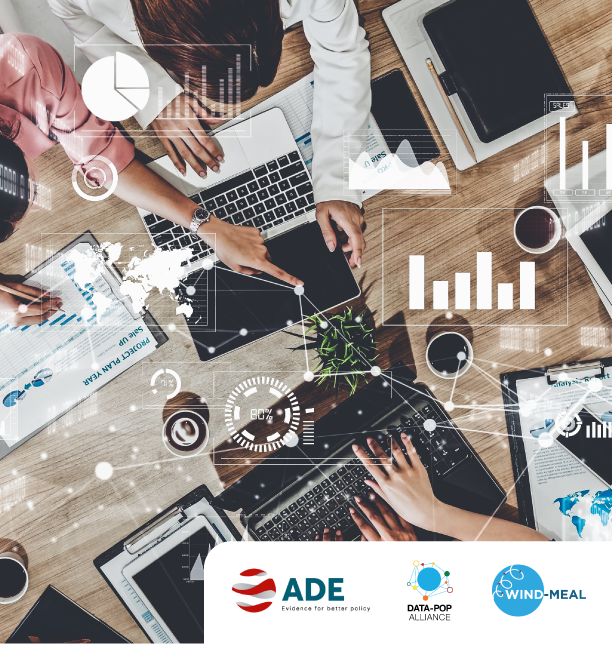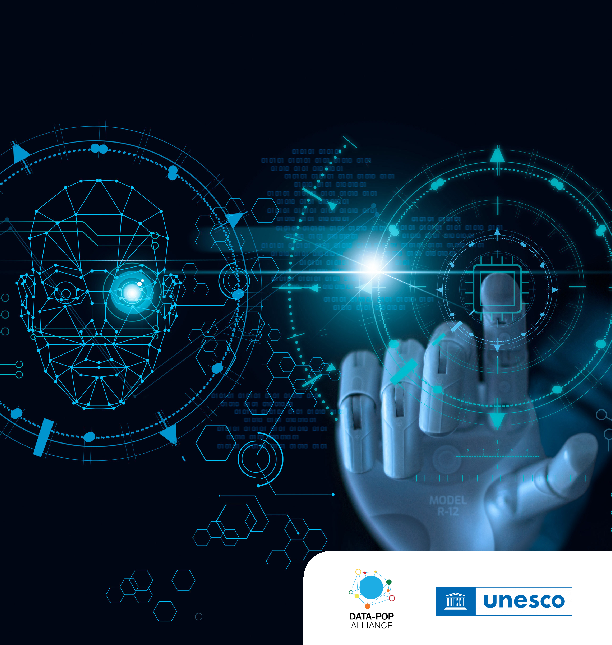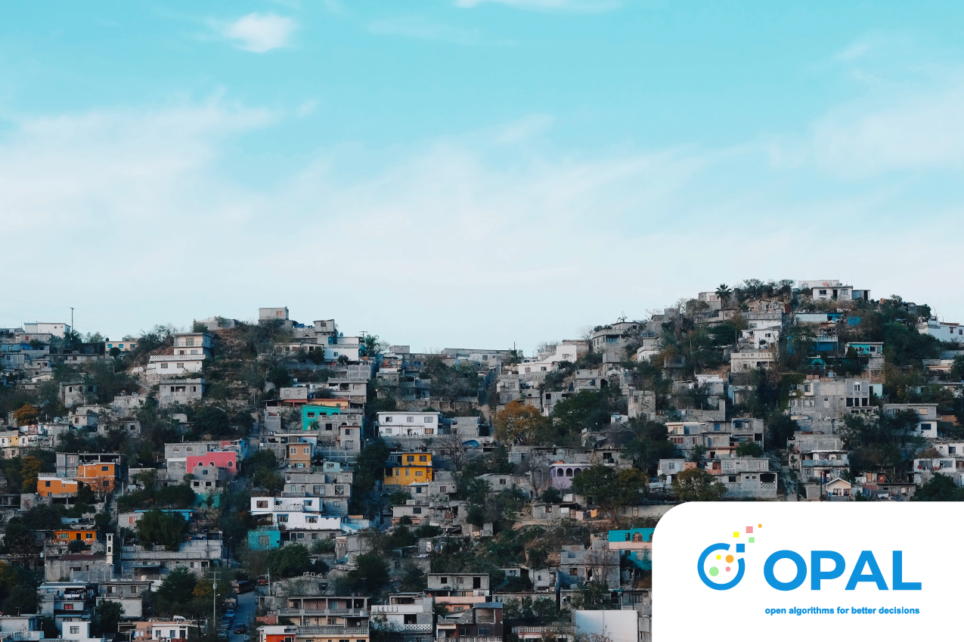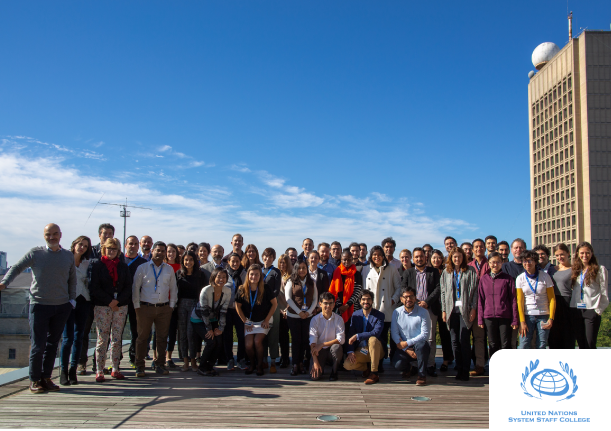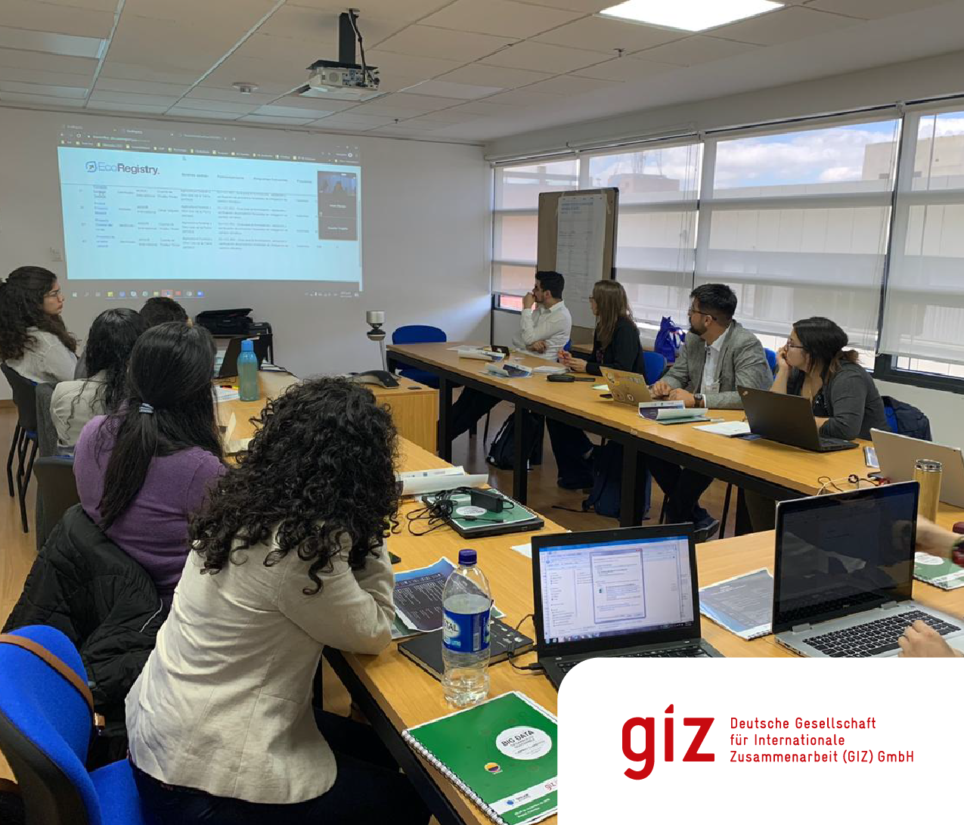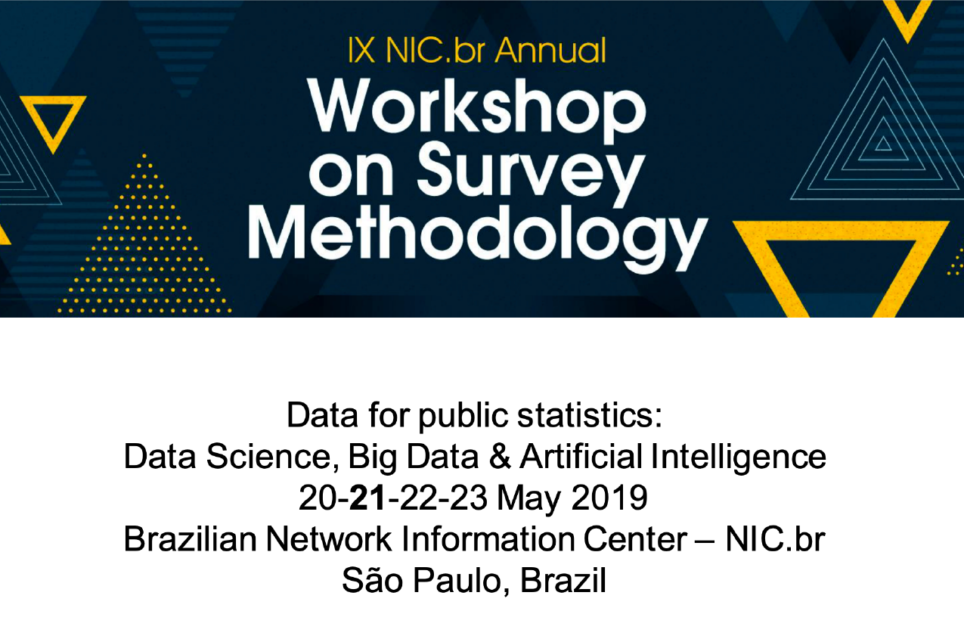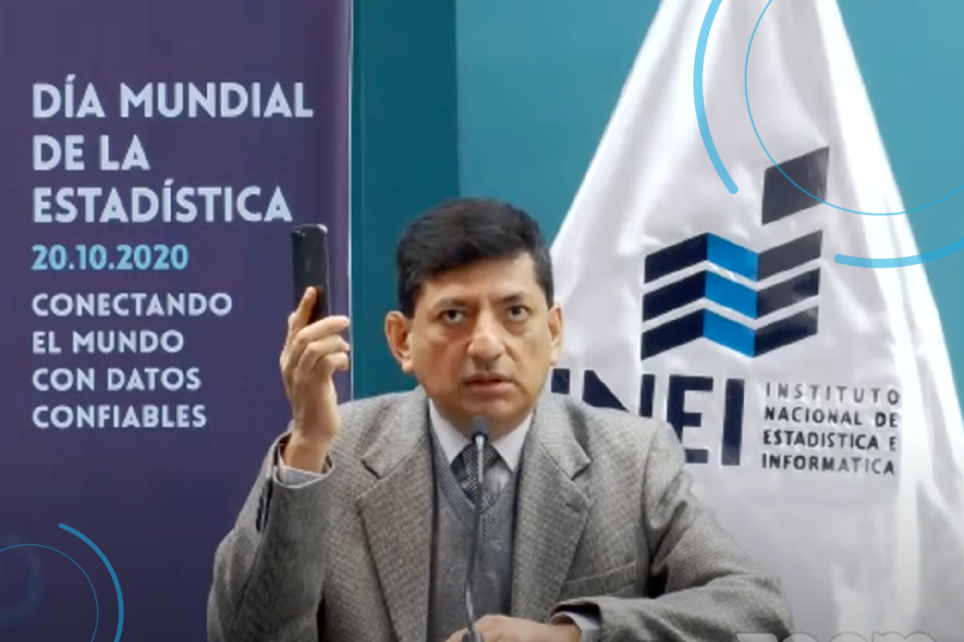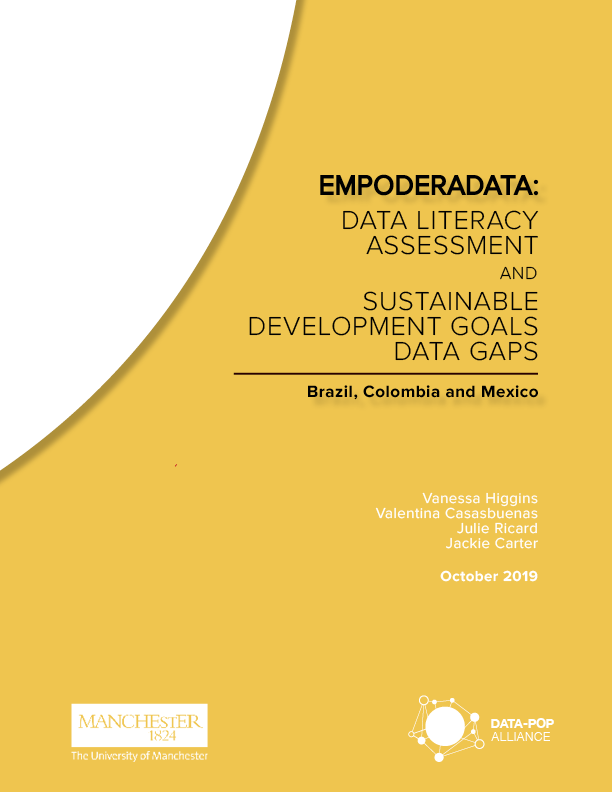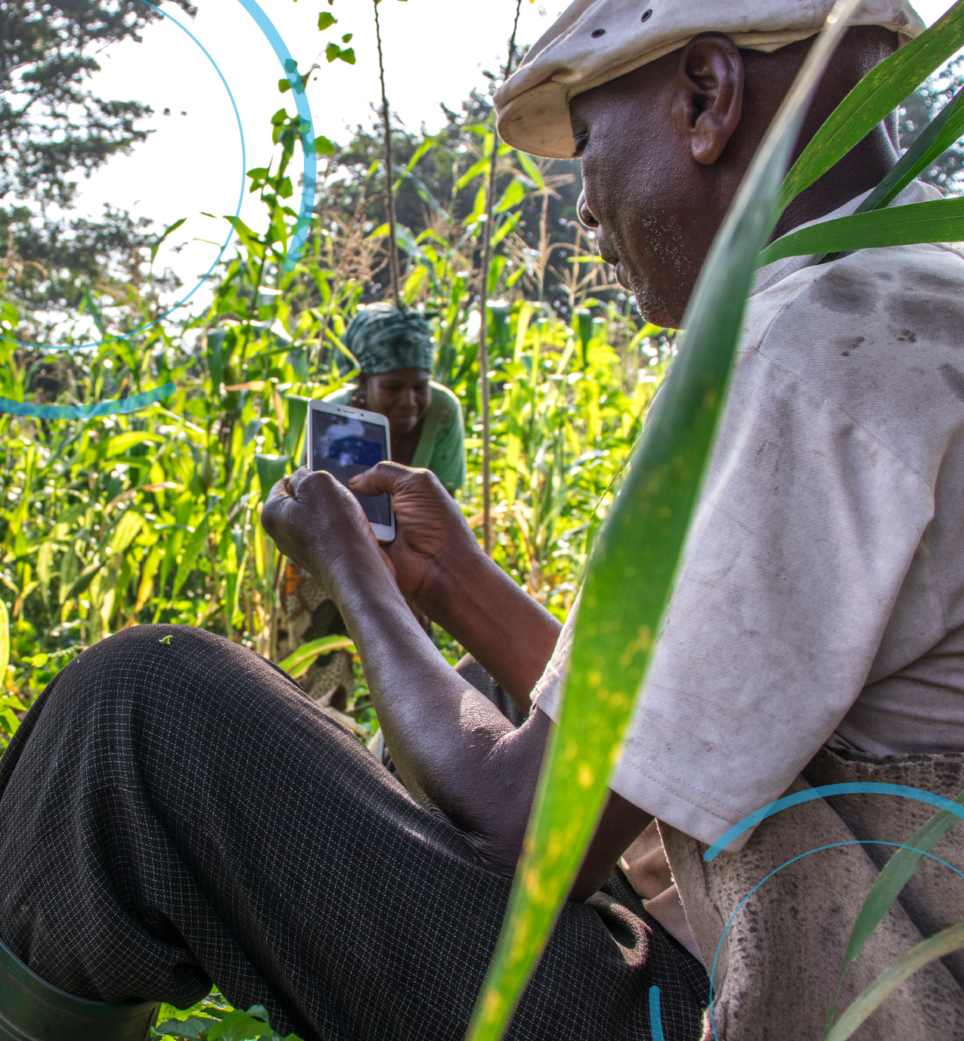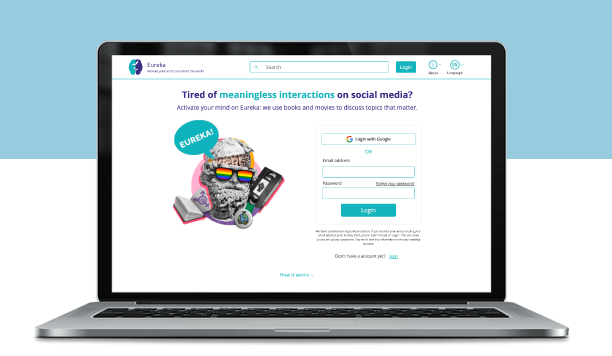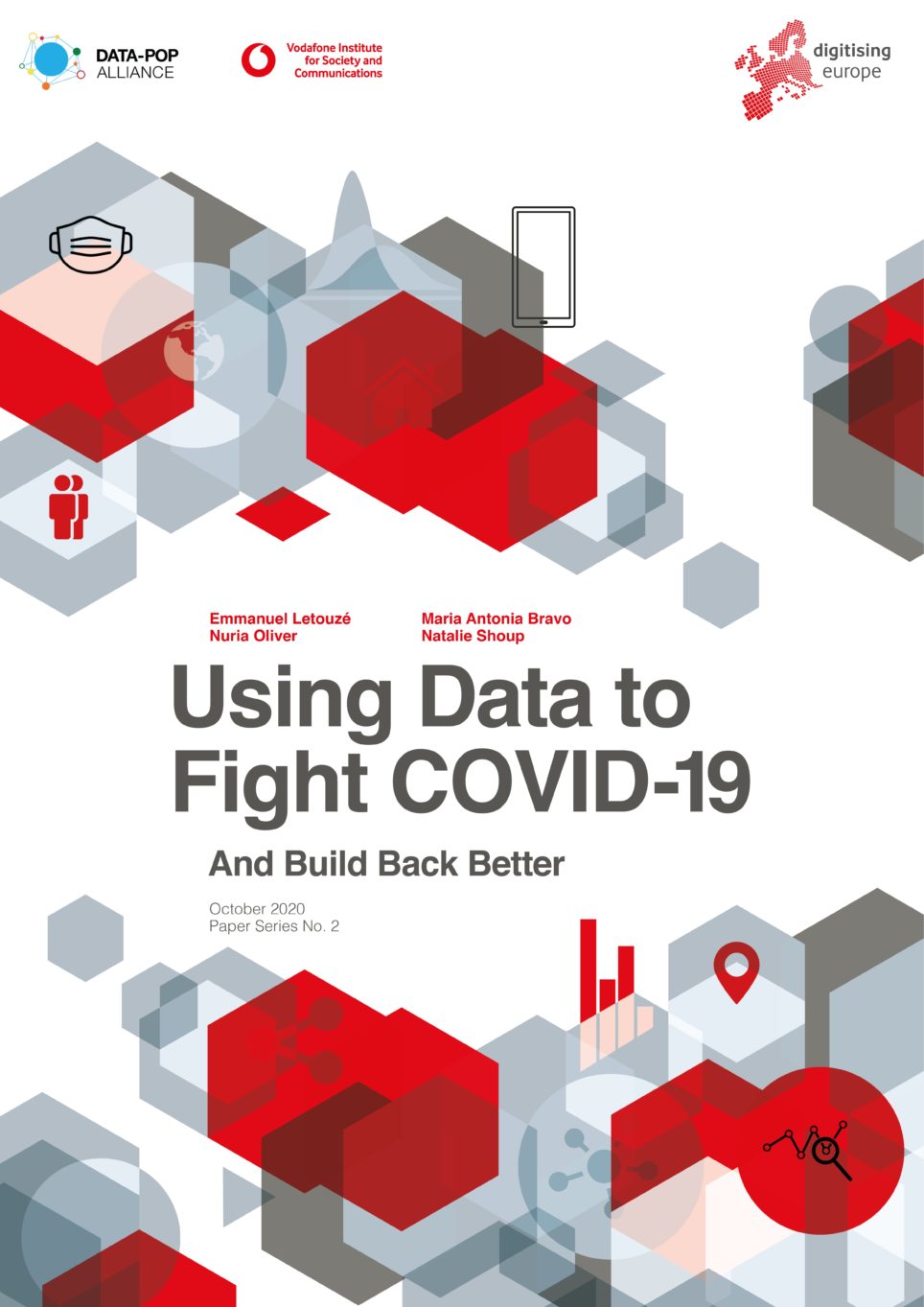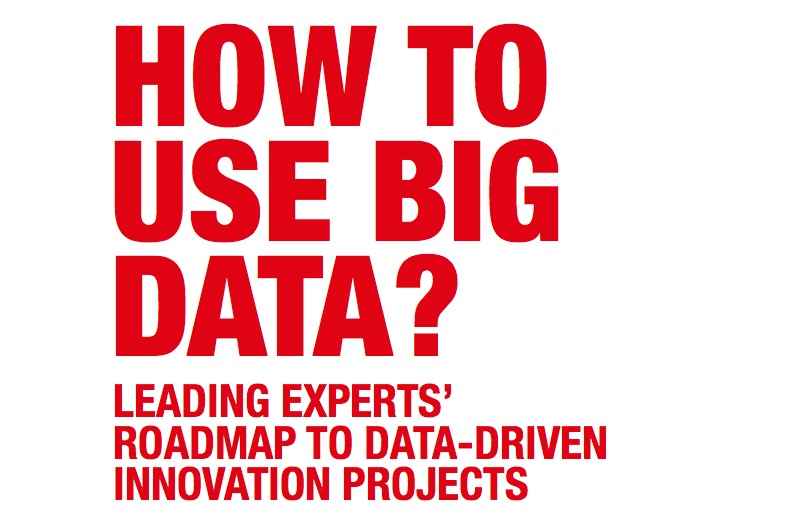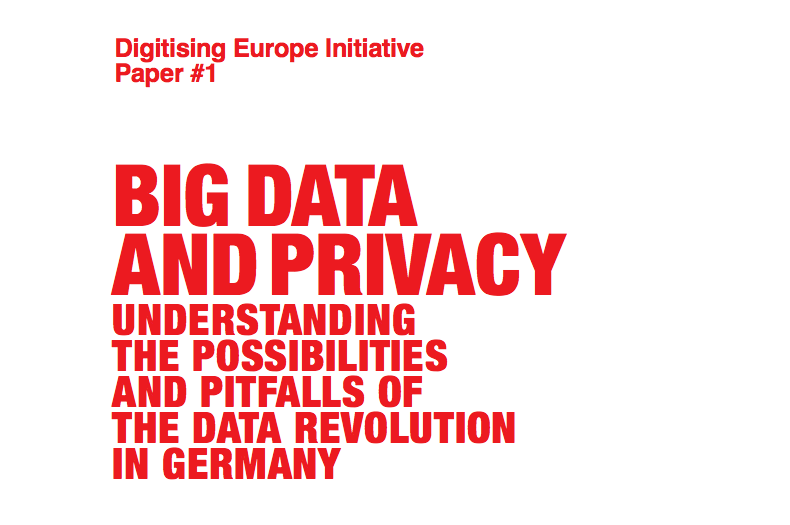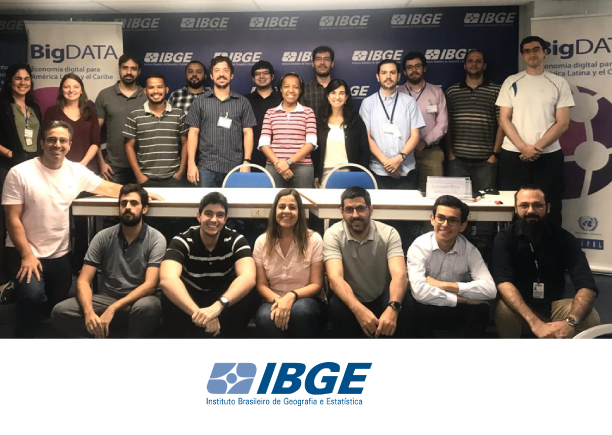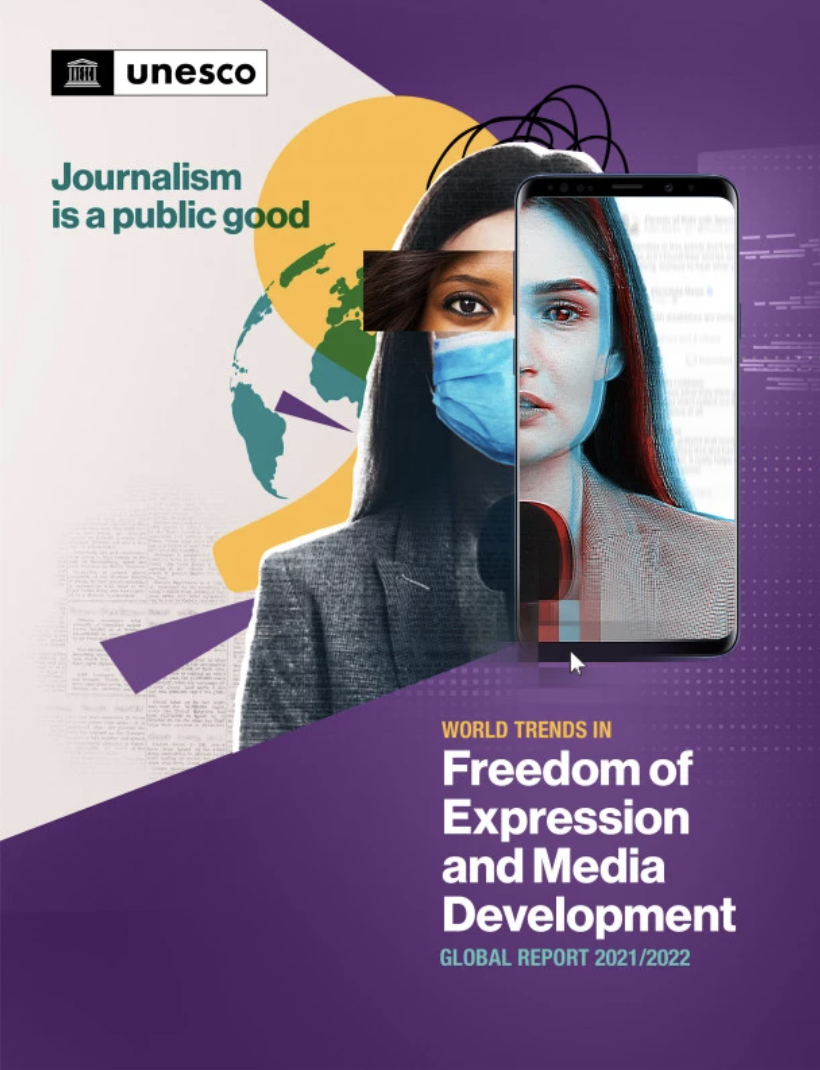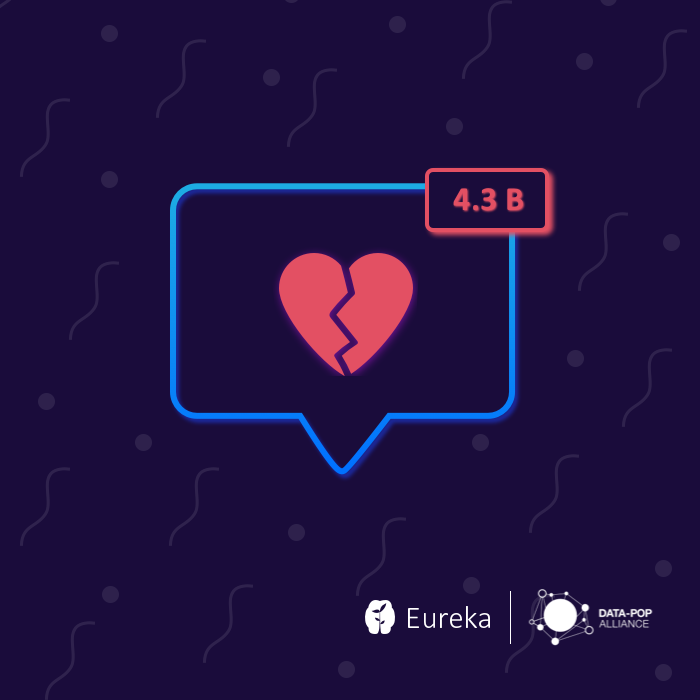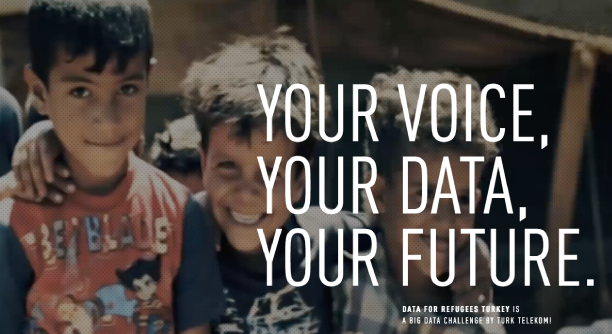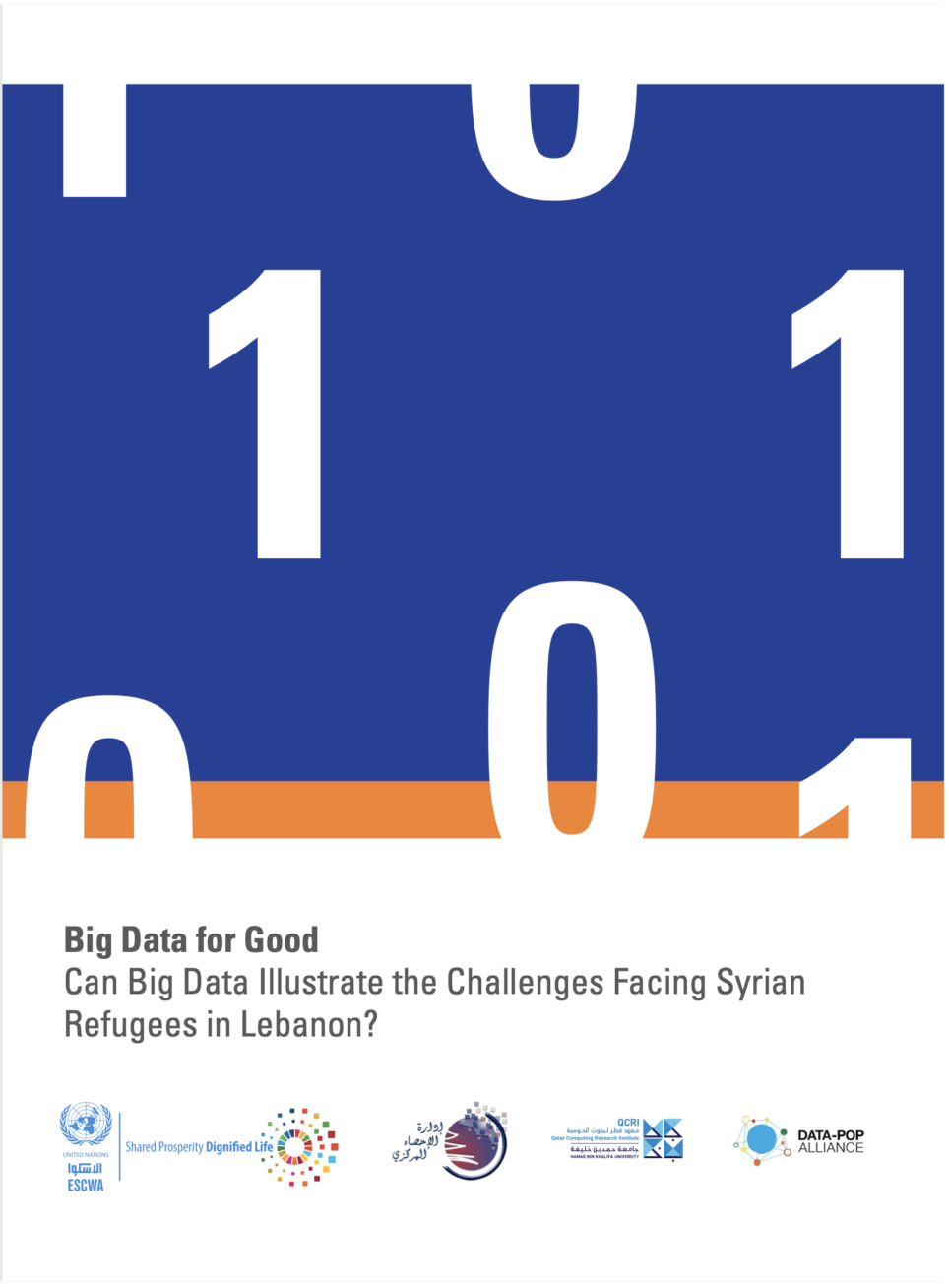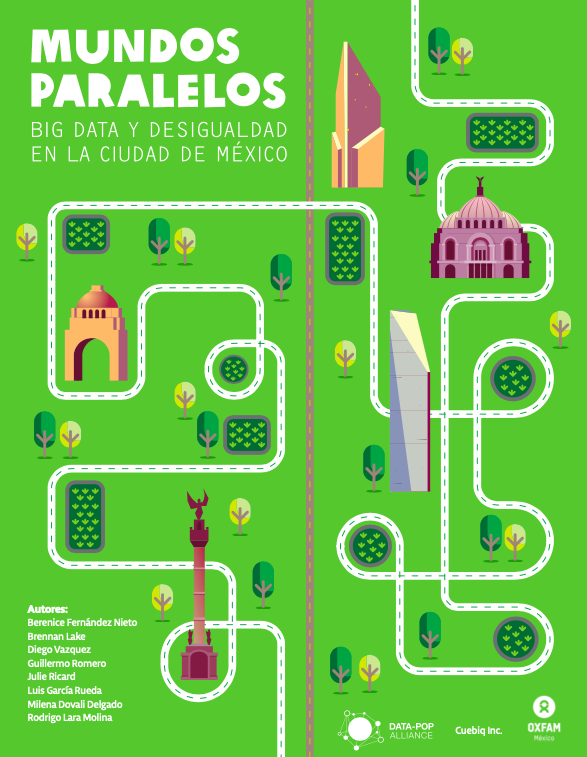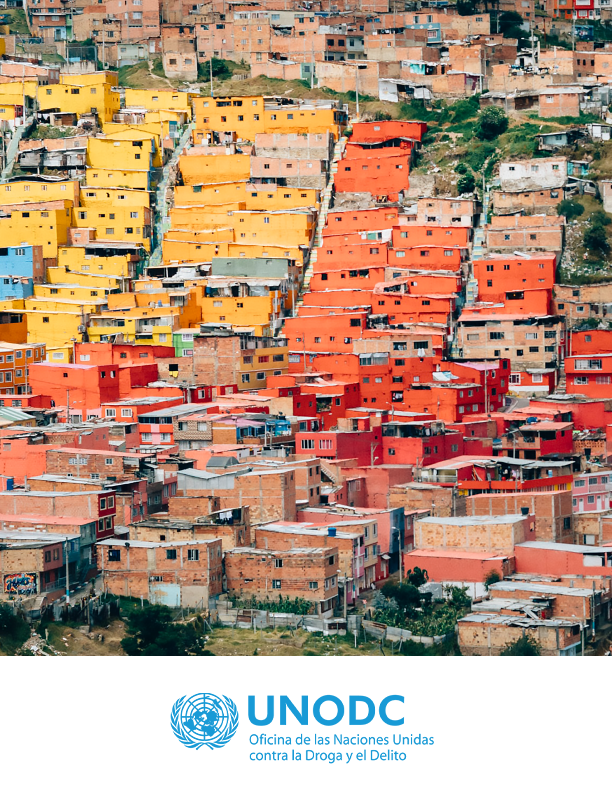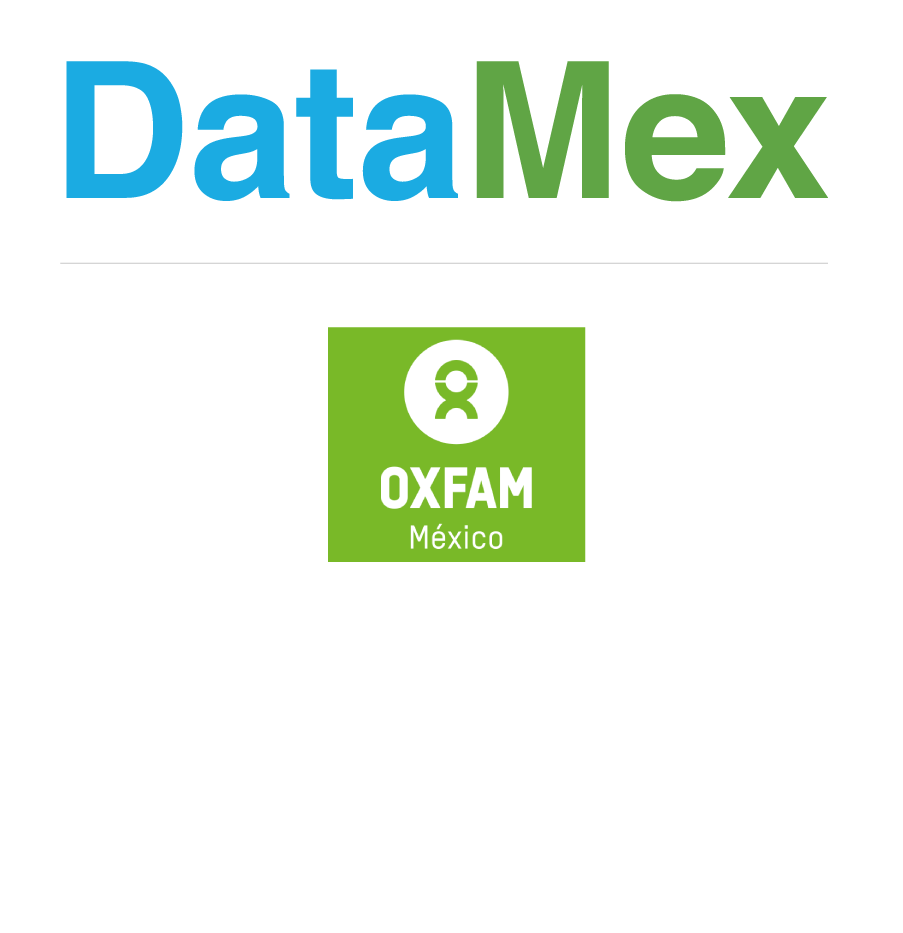This Book Club, featured the book “Counting Femicide” by Catherine D’Ignazio, which documents the creative, intellectual, and emotional labor of data activists across the Americas as they seek to fill the institutional gap in counting femicides and gender-related killings. The Club facilitated a safe space for discussion with the author herself during 8 live discussion sessions. Both the events and … Read More
Tracking Policy Influence using Gender-Based Violence as a Case Study: Assessing the Overton Platform
DPA, in collaboration with ILDA, conducted a case study examining the evidence available on the Overton Platform regarding the influence of research on gender-based violence in policy. Overton is touted as the world’s most comprehensive searchable index of policy documents, encompassing research, briefs, reviews, or reports aimed at influencing policy. The platform aggregates information from over a thousand sources spanning … Read More
Geo-Spatial Analysis of Care Systems in Bangladesh
In line with ensuring high-quality evidence for informing decision-making and investment in the care economy, UN-Women, in collaboration with DPA, conducted a geo-spatial analysis of care systems in Bangladesh. The geo-spatial analysis identified districts with the highest concentration of children alongside other age-specific ‘care demands’ and concurrently examined women’s employment rates and other economic characteristics. Furthermore, climate-related characteristics of locations … Read More
Design and Development of the Central Database & CRM for Abogadas MX’s “Standards for Diversity and Inclusion within Law Firms in Mexico” Program.
DPA, in collaboration with Abogadas MX, led the design and development of the Central Database and Customer Relationship Management (CRM) software for the “Standards for Diversity and Inclusion in Law Firms in Mexico” Program. This included the creation of a survey to collect gender-focused data from law firms. This initiative enabled the organization to systematically gather and manage information from … Read More
Exploiting the Possibilities Offered by Big Data to Monitor the Achievement of the Sustainable Development Goals in Morocco
This project, supported by UNDO Morocco and the Moroccan Ministry of Economy and Finance worked to improve official statistical measurements using Big Data in order to improve the timeliness and reliability of how progress towards the Sustainable Development Goals is measured. Aditionally, this project contributed to strengthening the Moroccan digital ecosystem by improving the design, implementation, and monitoring of fair … Read More
Study of the Spatial Distribution and the Dynamics of Violence Involving Children and Youth in Urban Settings of Prince-au-Port of Settings
DPA, in collaboration with UNICEF Haiti, developed a study aimed to understand the spatial distribution, socio-economic factors and impact on children (under 18 years of age) and youth (18-24 years of age) affected by the violence as well as the dynamics of children and youth participation in violent activities in targeted urban settings of Port-au-Prince’s metropolitan area, across multiple sectors.
Development of Ghana’s National Data Strategy
Data-Pop Alliance, in partnership with Smart Africa, is developing a national data strategy in line with the country’s priorities in terms of sustainable development, promotion of innovation, the creation of value and, above all, digital sovereignty. The general objectives are: (i) Promoting the Sustainable Development Goals (SDGs), including by strengthening data partnerships and local capacities; (ii) Promoting good governance in … Read More
Study of the Drivers of Sustainable and Inclusive Development (DoD) in Liberia
DPA, in collaboration with UNDP Liberia Country Office, conducted a review of all major sectors – the economic sectors, human capital (health, education, etc.), governance and public sector administration, as well as the environment and climate change, to identify constraints, opportunities and key recommendations for concrete actions to drive positive change.
Advanced Training on Big Data for Gender-Responsive SDG Monitoring
In partnership with UN Women Asia and the Pacific Regional Office, DPA conducted a two-day in-person advanced training for the Gender Statistics Unit at UN Women. The primary objective was to empower participants with the skills to handle non-traditional data sources and showcase their real-world utility in the context of gender-sensitive monitoring of Sustainable Development Goals (SDGs). This comprehensive training … Read More
Increasing and Strengthening the Availability of Digital Sexual and Reproductive Health Services with Youth-Friendly Approaches in Latin America
In partnership with Fòs Feminista, DPA conducted a consultancy with the objective of updating Fòs Feminista’ subject knowledge, with a focus on digital sexual and reproductive health services implemented by their partners in the LATAM, Africa, and Asia regions, as well as to generate an analysis of the different strategies and methodologies used to apply a youth-friendly approach in delivering … Read More
The Patrick J. McGovern Grant
The Patrick J McGovern Foundation granted DPA, which for the Technology and Democracy Program will support our “Infocracy studies”, aiming to tackle the implications of Generative Artificial Intelligence (GAI) for the democratic process. In particular, it will allow us to conduct studies in major Latin-American countries holding elections in 2024, i.e. Mexico and Brazil. Additionally, it will help us engage … Read More
Climate-Induced Migration in Africa and Beyond: Big Data and Predicative Analytics (CLIMB)
In Senegal, as part of a project funded by the Belmont Forum, DPA and its academic and civil society partners will be utilizing “traditional” and “non-traditional” data, including mobile phone data, to understand human mobility induced by extreme weather events. Enabled by OPAL technology, these Call Detail Records (CDRs), provided through a partnership with Orange-Sonatel, will be layered with earth … Read More
Workbook Series: Applying the FAIR Data Principles to Agricultural Development
The project aims to create a pool of resources that explain and systematize FAIR data principles and frameworks and helps guide CABI Project Officers in implementing FAIR principles in their investments through practical resources and tools.
Regional Consultations: Towards Real Diversity and Gender Equality in Artificial Intelligence – Global Partnership on Artificial Intelligence Project
This project aims to provide the AI ecosystem, in particular the member States of the Global Partnership on AI (GPAI), with a framework including concrete tools and recommendations to ensure diversity and gender equality throughout the AI cycle based on existing guidelines, good local practices from around the world, international human rights and gender equality standards.
Development of Senegal’s National Data Strategy
DPA, in collaboration with Smart Africa and GIZ under the leadership of the Ministry of Communication, Telecommunications and the Digital Economy, is leading the development of Senegal’s National Data Strategy. The main objective is to identify all the measures and propose an implementation roadmap to (i) enable the digital ecosystem to leverage the potential of data for economic growth; (ii) … Read More
Breaking the Vicious Cycle: Identifying Intervention Points to Tackle Disinformation in Senegal and Burkina Faso
The mains goals of this project were to 1) improve the understanding of the anatomy of disinformation campaigns in two West African countries, in order to: 2) identify the most relevant intervention points within the life cycle of disinformation per country and provide actionable recommendations.
Data Feminism Webinar
The Data Feminism Series was an event co-organized and developed by the GIZ Data Lab and Data-Pop Alliance aimed at increasing awareness about Gender Data’s potential (and gaps) to address structural inequalities, especially in the “Age of Data”. In addition, we sought to inspire decision makers to see Gender Data as a cornerstone of a successful feminist development cooperation, which … Read More
Leveraging Non-Traditional Data to Monitor and Map Multidimensional Poverty in the Favelas of Brazil
The project will leverage novel ‘non-traditional’ data sources and analytics approaches to provide better indicators and instruments for mapping and monitoring multidimensional poverty in two favelas in Brazil.
The Patrick J. McGovern Foundation Data Feminism Grant
The Patrick J. McGovern Foundation (PJMF) has awarded DPA’s Data Feminism Program a twelve-month, $300,000 grant to support our work advancing intersectional, data-driven research, training and advocacy to continue fostering gender equality across Latin America and the Caribbean, the MENA region and Sub-Saharan Africa. The grant was renewed for $400,000 in 2023, with continued support for existing and new Data Feminism … Read More
WIND-MEAL
ADE and DPA have created WIND-MEAL, a portfolio of services aimed to build and improve Monitoring, Learning, Accountability and Learning (MEAL) systems, with a focus on accountability (A) up to impact, and on learning perspectives (L) to generate meaningful, up-to-date knowledge to support better decision-making. Based on our experience and values, ADE and DPA develop MEAL systems that are participative, … Read More
Review of Cycles, NRC’s Project and Grants Management Tool
In this review commissioned by the Norwegian Refugee Council (NRC), DPA studied the process of development, roll-out and implementation of the Cycles tool across the organization, assessed the state and effectiveness of the current system, and identified current and future needs for a digital project and grants management tool.
Feasibility Study for the Establishment of a Category 2 Center Under the Auspices of UNESCO on Artificial Intelligence
DPA conducted a feasibility study that included a full assessment and a recommendation. The final report summarized the findings and conclusion on whether or not the proposed Center should be created as a category 2 centre under the auspices of UNESCO. DPA´s approach and methodology were based on three steps: 1) Identification of key documents and stakeholders; 2) Collection and … Read More
Development and Launch of a Data-Driven Platform
DPA is developing a data-driven tool that will provide the Mastercard Foundation (MCF) with access to key information on global and regional trends relevant to its work in Africa. This tool will support the foundation’s future investment decisions with an evidence-based and system-change approach. Additionally, the tool will grow the organizational awareness and understanding of issues shaping important social debates … Read More
Assessing Representation and Diversity in Movies and Books at Scale (Upcoming in Eureka Platform)
An intrinsic aspect of Eureka’s motivation is to promote and give visibility to local, national and regional content, in particular that of women, people of color and Indigenous people. This effort has a double objective: a) to promote representation and give visibility to voices that are unfortunately still marginalized, and b) to challenge dominant narratives based on content closer to … Read More
Open Algorithms (OPAL) for Public Data and Good
“Open Algorithm (OPAL) for Public Data and Good” seeks to merge different “privacy enhancing techniques” (PETs), such as federated learning, differential privacy, and negative databases, to allow trusted third parties such as researchers or official institutions to analyze censuses or national surveys’ microdata produced by national statistical offices (NSOs), as well as other administrative records, to derive indicators using these … Read More
Professional Training Program “Leveraging Big Data for Sustainable Development”
Carried on in partnership with United Nations System Staff College (UNSSC), this series of courses aimed to help practitioners and policy-makers to develop and implement Big Data innovation projects, policies, and partnerships in support of sustainable development objectives. The content was structured into three main modules: contexts and concepts; methods and tools; and strategy and conception / ethics and engagement. … Read More
Professional Training Program “Big Data for Measuring the Digital Economy”
In partnership with the United Nations Economic Commission for Latin America and the Caribbean (ECLAC), DPA offered a series of workshops particularly focused on Big Data and the Digital Economy in the Latin American and the Caribbean region designed for development practitioners, policymakers, and researchers. Five editions were delivered in: Santiago de Chile (March 2016), São Paulo (September 2017) —in … Read More
Workshop “Big Data for Sustainable Development and Climate Change”
This series of workshops organized by Data-Pop Alliance, in coordination with GIZ and GIZ Colombia, addressed key terms, necessary tools and challenges in the Big Data and sustainable development landscape, focusing on the applicability of these information sources in projects related to climate change adaptation and mitigation. This in-person workshop provided an introduction to the “3 C’s of Big Data” … Read More
Workshop on Survey Methodology with CETIC & NIC
Data-Pop Alliance offered training in São Paulo with the Regional Center for Studies on the Development of the Information Society (CETIC) and the Brazilian Network Information Center (NIC) annually from 2016 through 2019. The 2019 edition included a session by DPA Director and Co-Founder Emmanuel Letouzé titled “Data for Public Statistics: Data Science, Big Data & Artificial Intelligence”, click below … Read More
Workshop “Using Machine Learning with Satellite Imagery for the Measurement of a Sustainable Development Goal Indicator”
This two-day online workshop with government officials from the National Institute of Statistics and Informatics (INEI) in Peru and other public agencies sought to strengthen institutional capacities for the improvement of the national statistical system, particularly by leveraging non-traditional sources of data in administrative reports to measure different indicators of the Sustainable Development Goals (SDGs) towards the achievement of the … Read More
EmpoderaData
EmpoderaData builds upon the success of the “Quantitative Step” (Q-Step) program, which was developed as a strategic response to the shortage of quantitatively-skilled social science graduates in the United Kingdom. Together, University of Manchester and Data-Pop Alliance expanded upon the program’s excellent results, exploring this model in the Global South as the “EmpoderaData Project”. The project aimed to promote a … Read More
Technical Assistance to UNDP Togo’s Open and Big Data Activities and Plans
Data-Pop Alliance (DPA) offered to provide technical assistance to United Nations Development Programme (UNDP) Togo Country Office (CO) to support its efforts to leverage open and Big Data for the country’s development, including Sustainable Development Goals (SDGs) monitoring and promotion. The consultancy aimed at contributing to advancing the state of knowledge, know-how, awareness and capacities to harness the potential of … Read More
Eureka: A Social Media Platform for Social Change
Eureka is the first book-film club for social change. We are a non-for-profit and non-data extractive social media platform designed for users to find books and films on a particular topic, discuss it with a community and ultimately, inspire engagement and action towards social change. Our goal is to use culture content as an excuse to promote deep dialogue. Our … Read More
Policy Paper “Sharing is Caring: Four Key Requirements for Sustainable Private Data Sharing and Use for Public Good”
How data are shared and used will determine, to a large extent, the future of democracy and human progress. In this context, the authors of the paper “Sharing is Caring” describe four key requirements that must inform European efforts to ensure that private data are shared and used for the public good in a safe, ethical, and sustainable manner. This … Read More
Position Paper “How to Use Big Data? Leading Experts’ Roadmap to Data-Driven Innovation Projects. Key Results from the Digitasing Europe Initiative”
This paper, developed in cooperation with the Vodafone Institute for Society and Communications, highlights overall takeaways and recommendations in the areas of privacy protection, responsible data governance, transparency and accountability for unleashing big data-driven innovation, including: (1) putting ‘privacy by design’ into action: privacy-preserving technical procedures and standards for data sharing and use; (2) focusing on responsibility in data use: … Read More
Event Paper: “Big Data and Privacy: Understanding the Possibilities and Pitfalls of the Data Revolution in Germany”
How can we make full use of data analytics in a responsible and human-centered manner? Which forms of data use should be excluded, and who should set the rules? As the first event paper in the “Digitising Europe” series (published with the Vodafone Institute for Society and Communications), this publication captures the major key themes emerging from the initiative’s events … Read More
White Paper “The Law, Politics and Ethics of Cell Phone Data Analytics”
This white paper, developed in partnership and with funding from The World Bank, examines Call Detail Records (CDRs) and their expanding role in providing insight into human behavior, movements, and social interaction. After providing additional contextual elements (Part 1), the paper summarizes current legal frameworks (Part 2), before exploring structural socio-political parameters and incentives structuring the sharing of CDRs (Part … Read More
Workshop “Web Data Collection and Analysis”
In November 2019, Data-Pop Alliance, in partnership with ECLAC and IBGE, conducted its first technical workshop in Rio de Janeiro, tailored specifically to the needs of the staff at the Brazilian National Statistical Office (IBGE). The goal was to help them to build and strengthen internal capacities to leverage web data collection and analysis in their projects. The workshop emerged … Read More
Data Collection and Analysis for the “World Trends in Freedom of Expression and Media Development Global Report 2021-2022”
DPA worked alongside UNESCO to develop an analytical methodology and data partnerships to monitor and understand the status of press freedom and media development worldwide. DPA collected and analyzed over 150 data sources to produce comprehensive, data-driven evidence on global and regional trends in media freedom, media pluralism, media independence, and safety of journalists, all examined through a gender-sensitive perspective. … Read More
Using Misinformation as a Political Weapon: COVID-19 and Bolsonaro in Brazil
With over 30,000 confirmed cases, Brazil is currently the country most affected by COVID-19 in Latin America, and ranked 12th worldwide. Despite all evidence, a strong rhetoric undermining risks associated to COVID-19 has been endorsed at the highest levels of the Brazilian government, making President Jair Bolsonaro the leader of the “coronavirus-denial movement”. To support this strategy, different forms of … Read More
Networks’ Capitalism: Addiction, Disinformation and Violence (Thematic Cycle)
This Thematic Cycle, a joint effort between Eureka and DPA, focused on addiction, disinformation, and violence stemming from social media in the context of Latin America. The Cycle featured two documentaries, a fiction movie, and a book related to the topic that addressed questions such as, Does monetization imply addition? How is social media used to spread hatred and violence? … Read More
Data for Refugees (D4R) Challenge in Turkey
For this challenge, Türk Telkom (the country’s leading telecommunication operator) in collaboration with Boğaziçi University, TÜBİTAK (Turkey’s Scientific and Technological Research Council), the MIT Media Lab, FBK, IOM, UNHCR, UNICEF, and Data-Pop Alliance, made several anonymized datasets of mobile phone users available to international research teams in order to develop projects to analyze and improve the living conditions of Syrian … Read More
Leveraging Behavioral and Humanitarian Data Sources to Analyze the Development Challenges Faced by Syrian Refugees and Host Communities in Lebanon
In partnership with United Nations Economic and Social Commission for West Asia (UN ESCWA) and the Qatar Computer Research Institute (QCRI), this project aimed to understand the extent to which particular sets of non-traditional data sources — or crumb — and methodologies related to Artificial Intelligence can provide insights on the living conditions of Syrian Refugees and host communities in … Read More
Parallel Worlds: Big Data and Inequality in Mexico City
“Parallel Worlds” is a project developed by the Data-Pop Alliance and Oxfam México, with the purpose to analyze inequality in Mexico City, using mobility data provided by Cuebiq’s Data for Good program. The project aimed to inform and influence public policy actors in making decisions that contribute to reducing social and economic segregation based on the privilege and marginalization associated … Read More
Scoping Study for a Comparative Research on Crime Risk Factors Using Big Data
A study published by the Open Society Foundations has reported numerous “atrocity crimes” perpetrated in Mexico against the civilian population since 2006. Against this backdrop, with United Nations Office on Drugs and Crime (UNODC) support, DPA sought to gain better insights into organized and interpersonal crime, by undertaking a scoping study to build a comparative research study in two cities: … Read More
Ciudata Segura
Increasingly, data and information are being promoted as a powerful tool to understand and prevent crime and violence. However, there are two key questions that remain largely unanswered: 1) Why is crime clustering in certain neighborhoods? 2) Why do certain individuals turn to crime and not others? Leveraging sophisticated analyzes about urban crime and violence in Latin America and the … Read More
Racial Justice Data Project
DPA is developing a “Racial Justice Data Project” that will provide a transcontinental view of racial inequality and injustice through the collection of both qualitative and quantitative data from a wide variety of traditional and non-traditional sources (including existing datasets, reports from civil society organizations, legal documents, and social media) to present a fuller picture of the effects of racism … Read More
Crime and Inequality in Mexico
In collaboration with Banorte (Mexican bank), and following DPA’s previous work on the impact of crime on consumption across gender and income groups, this assessment focused on the quantification, at a fine-grain and large scale, of the disruption and recovery dynamics induced by crime across socioeconomic groups. This project showed the progress of DPA’s findings at the zip code level … Read More
DataMex
Data-Pop Alliance and Oxfam México formed a partnership through “DataMex”, with the goal of advancing research and the application of Big Data for sustainable development in Mexico. This agreement, signed in late 2018, has since led to a consultancy and scoping study to identify the areas in which Big Data could be employed to better understand inequalities that have not … Read More
Characterizing and Analyzing Urban Dynamics In Bogota (from the Paper Series: “Big Data to Address Global Development Challenges”)
Four research papers were developed in collaboration with and funded by the French Development Agency (AFD) between 2016 and 2019 under a joint program with Data-Pop Alliance and research partners titled “Strengthening the Evidence-Base for Leveraging Big Data to Address Global Development Challenges”. This paper, “Characterizing and Analyzing Urban Dynamics in Bogota”, utilized open data and mobile phone records to … Read More
- Page 1 of 2
- 1
- 2

